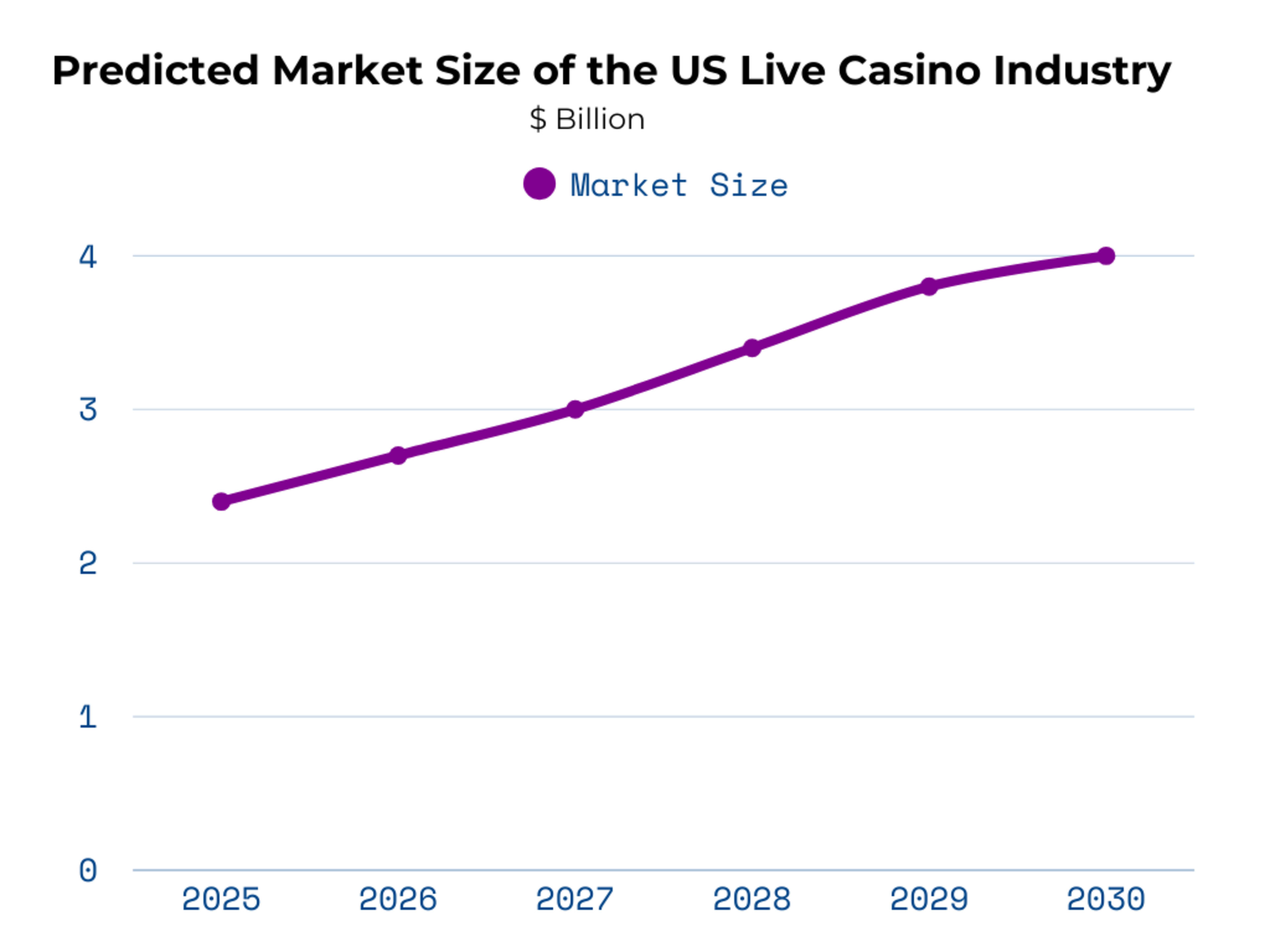Thinking of hitting a Ghanaian online casino, where the clatter of chips and dealer banter is increasingly replaced by sleek digital screens and automated thrill? That's the reality as electronic table games (ETGs) surge ahead. While exact figures for Ghana are still developing, globally the ETG market is booming, with the US market alone valued at billions and projected for significant growth. This shift isn't just a tech fad; it's reshaping how casinos operate, how players like you engage, and how the whole industry evolves. In this blog, we'll dive into why ETGs are winning favour over traditional live dealers in casinos globally and how this trend impacts us here in Ghana, backed by the latest insights and real-world examples. Whether you're a gaming enthusiast, an industry follower, or just curious, buckle up for the future of casino gaming.
Why ETGs Are Gaining Ground on Live Dealers in Ghanaian Casinos
The move from live casino dealers to ETGs is picking up speed. Casinos worldwide are looking for ways to cut costs and increase player turnover, and ETGs offer a solution. The global ETG market is projected for substantial growth. But why is this shift happening, and what does it mean for players in Ghana looking for the best online gaming experience?
Always Available and Wallet-Friendly
In today's fast-paced world, being able to play your favourite casino games anytime is key. ETGs offer 24/7 access without the need for fixed dealer schedules, meaning less downtime and more playtime for you. For casinos, this translates to lower operational costs, as they don't need to staff tables around the clock. This efficiency often means better odds or more engaging promotions for players. While specific tax regulations vary, the general trend towards digital solutions is driven by the desire for smoother, more cost-effective operations that ultimately benefit the player experience in Ghana. popular live table games.

Real-World Shifts: How Casinos are Adapting
Across the globe, from major entertainment hubs to emerging markets, 2024 and 2025 are proving to be pivotal years for the adoption of ETGs in casinos. The transformation is more than just adding a few new machines; it's a reinvention of the gaming floor to cater to modern player preferences. United States live casino market
In popular gaming destinations, casinos are integrating ETGs to handle high volumes of players efficiently. Games like electronic blackjack and roulette terminals are becoming common. This allows more people to play simultaneously, potentially reducing wait times and making the gaming experience smoother, all while casinos manage operational costs more effectively. This trend shows how major properties are adapting their strategies for a broad range of players.
In rapidly growing gaming markets, casinos are seeing substantial revenue boosted by their investment in ETGs. Unlike traditional expansions that might require a significant increase in staff, ETG installations allow casinos to accommodate peak visitor numbers seamlessly. This positions these properties as smart, forward-thinking models for navigating the evolving demands of the entertainment industry.
Even in developing markets, new casino properties are focusing on ETGs to attract a younger, tech-savvy audience. Games like electronic baccarat are being designed as central offerings, reflecting lessons learned during times when demand for contactless and self-directed play surged. By embracing ETGs from the start, these casinos are positioning themselves not as traditional venues experimenting with digital formats, but as properties built with the future of gaming in mind.
Cost Breakdown: ETGs vs. Live Dealers – The Numbers Don't Lie
Money talks in high roller live casinos, and ETGs scream savings. Traditional live dealers rack up high labor costs—think $150-$200 per hour in wages alone—while ETGs slash overheads by up to 50% through minimal staffing and faster game speeds. Here's a head-to-head comparison:
Player Preferences: Who Loves ETGs and Why?
The demographics around ETGs reveal a clear generational divide.
- Younger Players (18–34 years): This age group represents the overwhelming bulk of ETG adoption, accounting for over 95% of electronic gamers in 2025. For Gen Z and younger Millennials, ETGs align perfectly with their digital-native lifestyles. They value the privacy of terminals, the ability to learn without public embarrassment, and the low-stakes bets ($5–10) that make experimentation more affordable. These players are also accustomed to mobile gaming and online interfaces, so transitioning into ETGs feels natural.
- Millennials (30s–40s): While slightly older, Millennials dominate the online gambling sector and show a strong preference for ETG blackjack and baccarat, particularly for solo play sessions. Their busy lifestyles make quick, on-demand gaming appealing, and ETGs meet this need without the social expectations of live dealer tables.
- Older Players (45+ years): This group continues to gravitate toward live dealers. For them, the allure is not speed or efficiency but the social atmosphere—dealer banter, camaraderie with tablemates, and the traditional casino experience. However, some older players have begun exploring ETGs for their accessibility and reduced intimidation factor, particularly when learning new live casino games.
Culturally, ETGs are transforming the casino environment. The old image of rowdy, crowded tables is being replaced by tech-driven zones, sleek electronic setups, and quieter, more individualized play. This reflects a generational shift in entertainment, where personalization and technology are now central.

Operator Insights: What Casino Bosses Are Saying About ETG Strategy
Casino executives have become vocal advocates of ETGs, often highlighting two key drivers: financial resilience and audience expansion.
- Financial Growth: Multiple top-rated live casino platforms explain that they are leveraging ETGs to drive profitability during a time when labor costs are unpredictable and staffing is challenging. By reducing dealer reliance, casinos enjoy higher margins per table and greater throughput per hour.
- AI Integration: Another casino leader emphasizes that AI and machine learning are transforming ETG operations. AI is not only used for marketing and player retention but also for responsible gambling tools—detecting risky patterns and offering real-time interventions.
- Strategic Agility: With ETGs, casinos can reconfigure floors more quickly, adapt to peak visitor times, and attract tech-savvy younger crowds without alienating traditional players. This adaptability has become a cornerstone strategy in 2025’s volatile economy.
Cutting-Edge Innovations: ETGs Get Smarter in 2025
2025 brings ETG wow-factors like AI-personalized betting in blackjack and AR overlays for immersive roulette. Hybrid systems blend live wheels with digital interfaces, while VR dealers elevate baccarat. These tech leaps bridge the authenticity gap, making ETGs feel alive without the human element.
The Employment Equation: Jobs Gained, Lost, and Transformed
ETGs disrupt jobs—potentially cutting dealer roles by 20-30%—but the industry forecasts 17% overall growth through 2031, creating tech maintenance and analytics positions. In 2025, unions push for reskilling, turning potential losses into opportunities. Economically, it's a mixed bag: fewer low-skill jobs, more high-tech ones.
Global Perspective: US vs. Macau and Europe in the ETG Race
The US is catching up fast, but Macau leads with ETGs generating 37% more profit than traditional tables, post-2019 adoption. Europe's slower, favoring live dealers culturally, though the UK ramps up for compliance. US casinos blend both, using ETGs for efficiency while preserving social hubs— a balanced overtake.









